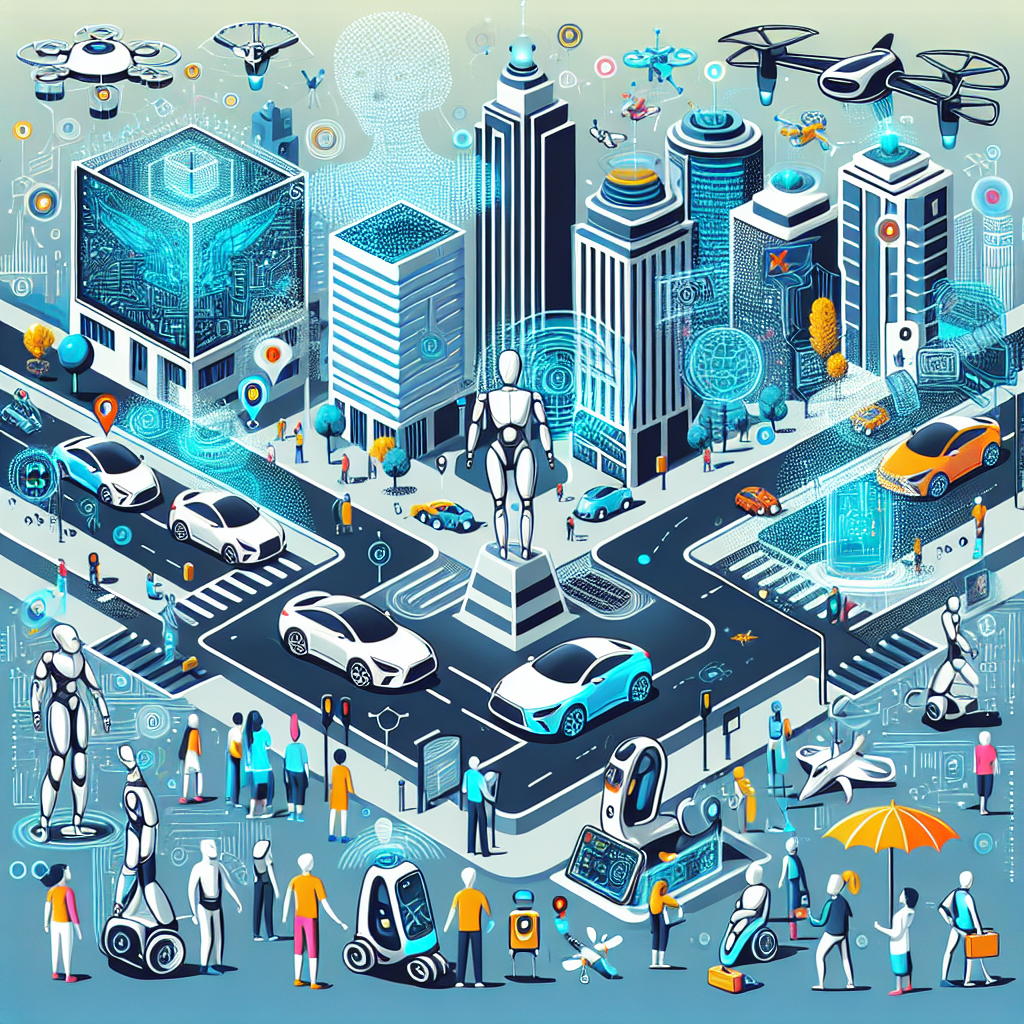AGI: A New Era of Artificial Intelligence Innovation
Artificial General Intelligence (AGI) is a term that refers to the development of machines that possess the ability to perform any intellectual task that a human can. While artificial intelligence (AI) has made significant advancements in recent years, AGI represents a new frontier in the field of technology and has the potential to revolutionize industries and society as a whole.
AGI is often compared to human intelligence, as it is designed to think, learn, and solve problems in a similar way to how humans do. This level of intelligence has been the subject of science fiction for decades, but recent advancements in machine learning and deep learning have brought us closer to achieving AGI than ever before.
One of the key features of AGI is its ability to adapt and learn from its environment. Traditional AI systems are limited to the tasks they are programmed to perform, but AGI has the potential to learn new tasks and concepts on its own. This level of flexibility and adaptability makes AGI a powerful tool for solving complex problems and driving innovation in a wide range of industries.
AGI has the potential to revolutionize industries such as healthcare, finance, and transportation. In healthcare, AGI could be used to analyze medical data and assist doctors in making more accurate diagnoses and treatment plans. In finance, AGI could be used to analyze market trends and make more informed investment decisions. In transportation, AGI could be used to improve safety and efficiency in autonomous vehicles.
While the potential benefits of AGI are vast, there are also concerns about its impact on society. Some experts worry that AGI could lead to job displacement, as machines become more capable of performing tasks that were previously done by humans. There are also ethical concerns about the use of AGI, such as the potential for bias in decision-making algorithms.
Despite these concerns, the development of AGI continues to progress rapidly. Companies such as OpenAI and DeepMind are leading the way in research and development in this field, and governments around the world are investing in AI research to stay competitive in the global market.
As AGI becomes more advanced, it is important for policymakers and industry leaders to consider the ethical implications of this technology and work together to ensure that it is used for the benefit of society. By working together, we can harness the power of AGI to drive innovation and improve the lives of people around the world.
FAQs
Q: What are the key differences between AGI and traditional AI?
A: Traditional AI systems are designed to perform specific tasks, such as image recognition or natural language processing. AGI, on the other hand, is designed to think and learn in a similar way to humans, with the ability to adapt and learn new tasks on its own.
Q: How close are we to achieving AGI?
A: While significant progress has been made in the field of AI, we are still a long way from achieving true AGI. Researchers continue to work on developing algorithms and technologies that can simulate human-like intelligence, but there are still many challenges to overcome.
Q: What are the potential benefits of AGI?
A: AGI has the potential to revolutionize industries such as healthcare, finance, and transportation. It could be used to analyze data, make informed decisions, and drive innovation in a wide range of fields.
Q: What are the ethical concerns surrounding AGI?
A: There are concerns about the impact of AGI on society, such as job displacement and bias in decision-making algorithms. It is important for policymakers and industry leaders to consider these ethical implications and work together to ensure that AGI is used for the benefit of society.

